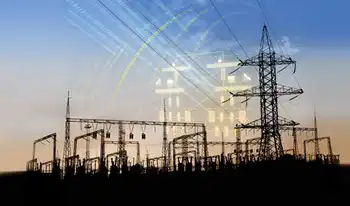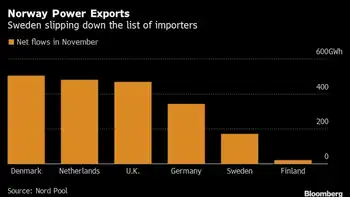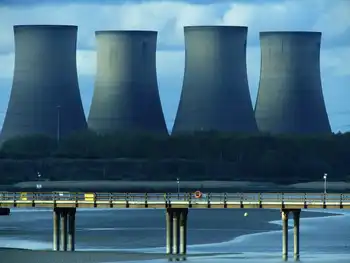Tata Power plans to raise up to $500 mln overseas
"We plan to raise the money in tranches over the next two to three years," said Amulya Charan, its vice president finance, adding that the money would fund ongoing projects and any others that might come up.
Though the company said it was looking at a variety of instruments, several Indian companies have raised money overseas recently through convertible bonds.
Tata Power is building a 330-megawatt hydroelectric power plant in Srinagar, in the northern state of Kashmir, at a cost of 16 billion rupees, and a four billion rupee, 130 megawatt unit at Jojobera in the eastern state of Jharkand.
Part of the Tata group, India's second largest conglomerate, the company is involved in the generation, transmission and bulk distribution of power in Bombay and surrounding areas.
Tata Power's domestic debt was downgraded last month by Indian rating agency ICRA to 'high safety' from 'highest safety. But Charan said that would make no difference because its overseas borrowing would be done at a rate determined by India's sovereign rating, which is lower anyway.
ICRA had said the utility's risk profile had increased as a result of likely long-term competitive pressure in Bombay, regulatory uncertainty and its large exposure to group telecoms businesses through equity exposures and loan guarantees.
India's landmark Electricity Act of June 2003 opened up distribution and transmission to unlimited competition. Consumers and distributors can now choose their supplier, while generators can sell directly to consumers instead of state boards.
Related News

Nova Scotia regulator approves 14% electricity rate hike, defying premier
HALIFAX - Nova Scotia regulators approved a 14 per cent electricity rate hike on Thursday, defying calls by Premier Tim Houston to reject the increase.
Rates will rise on average by 6.9 per cent each year in 2023 and 2024.
The Nova Scotia Utility and Review Board (UARB) issued a 203-page decision ratifying most of the elements in a settlement agreement reached between Nova Scotia Power and customer groups after Houston's government legislated a rate, spending and profit cap on the utility in November.
The board said approval was in the public interest and the increase is "reasonable and appropriate."
"The board cannot simply…





